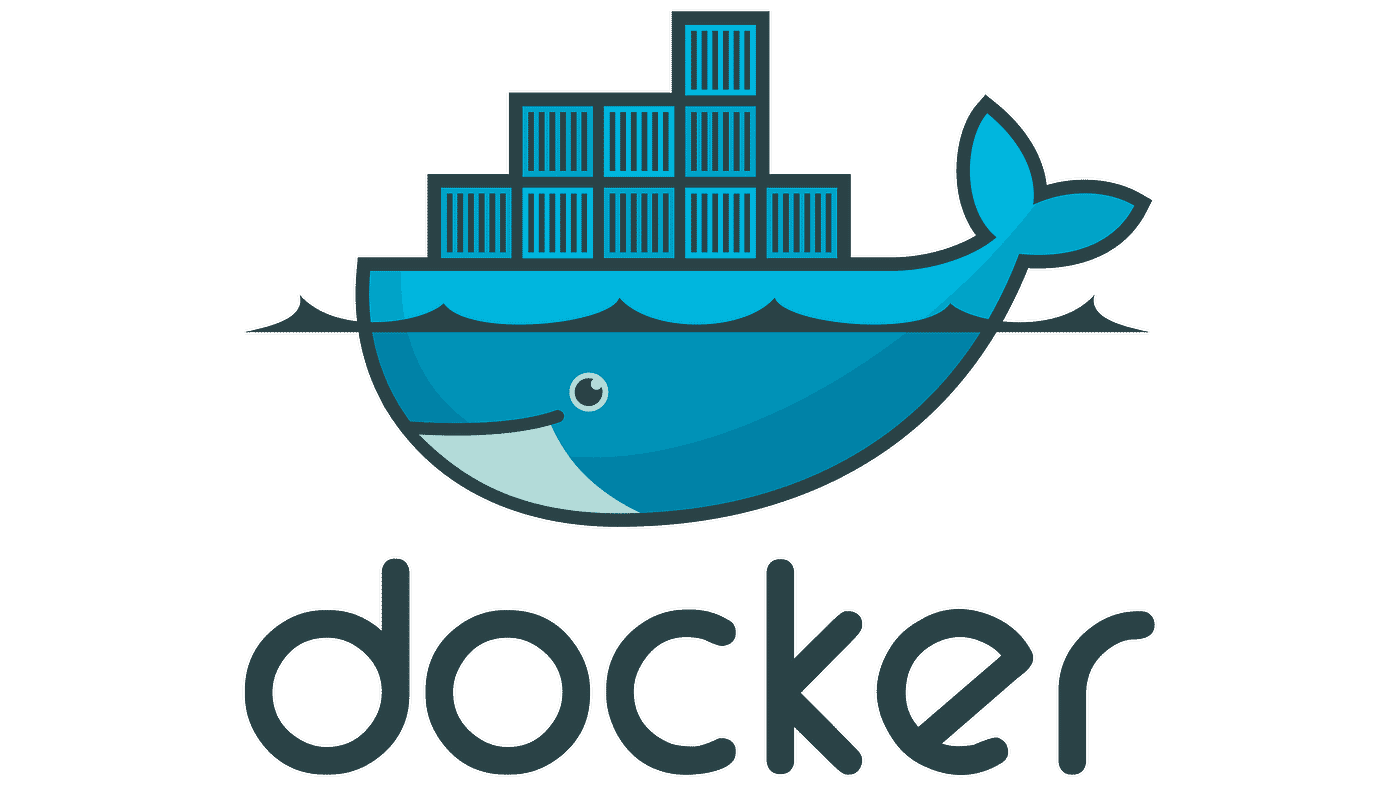In the world of modern software development, Docker has become a vital tool for streamlining application deployment and management. As businesses and developers push for more efficient and scalable workflows, Docker has solidified its place as one of the leading technologies, particularly in cloud-native environments. But what exactly is Docker, and why is it gaining so much traction?
What is Docker?
Docker is an open-source platform designed to automate the deployment, scaling, and management of applications inside containers. Containers are lightweight, portable, and self-sufficient units that can run software and services consistently across different computing environments. Docker simplifies the process of creating, testing, and deploying applications by packaging the application code along with all the necessary libraries and dependencies into a single container. This approach addresses the common problem of "it works on my machine" by ensuring that the application behaves the same way in every environment.
Why Docker is a Game-Changer for Developers
Portability: Docker containers can run anywhere—on local machines, cloud platforms, or hybrid environments. This flexibility is invaluable as developers no longer need to worry about dependencies, operating systems, or hardware configurations. The same container that runs on a developer’s laptop can be seamlessly deployed on a production server without any changes.
Scalability: Docker’s containerization approach allows applications to scale easily. Instead of worrying about managing large and complex application infrastructures, developers can spin up multiple containers to handle more load, and downscale them as necessary. This flexibility is crucial for cloud-based applications that must scale dynamically based on user demand.
Isolation and Efficiency: Containers isolate applications, making them less dependent on one another and less prone to conflicts. Docker’s lightweight containers are much more efficient than traditional virtual machines, requiring fewer resources while still offering similar isolation benefits. This leads to better performance and faster deployment times.
Integration with CI/CD: Continuous Integration and Continuous Deployment (CI/CD) practices are integral to modern development pipelines, and Docker fits in seamlessly with these workflows. With Docker, developers can use tools like Jenkins, GitLab CI, and others to automate the process of building, testing, and deploying applications across different environments, improving efficiency and reliability.
Docker and the Rise of Microservices
One of Docker’s most notable impacts is its role in the adoption of microservices architecture. Microservices involve breaking down applications into smaller, more manageable pieces, each running independently. Docker makes it easier to build, deploy, and maintain microservices, as each service can be containerized and scaled individually.
Rather than dealing with monolithic applications, teams can focus on developing specific services that do one thing well. These microservices can be updated, tested, and deployed independently, offering greater agility and faster release cycles. Docker's containerization ensures that each microservice runs consistently, regardless of its underlying infrastructure.
Docker’s Role in the DevOps Culture
Docker has also become a cornerstone of the DevOps movement. DevOps aims to unify software development (Dev) and IT operations (Ops) to deliver high-quality applications at a faster pace. Docker’s containerization aligns perfectly with DevOps principles by enabling collaboration between development and operations teams. Containers make it easier to create consistent environments for development, testing, and production, reducing friction between these stages and speeding up release cycles.
The Future of Docker: Beyond Containers
As cloud-native technologies continue to evolve, Docker remains central to modern development practices. Looking ahead, Docker is increasingly being integrated with other cutting-edge technologies like Kubernetes, which helps manage and orchestrate large numbers of containers at scale. Kubernetes and Docker are a powerful combination, allowing companies to deploy and manage containerized applications seamlessly across clusters of machines.
Additionally, Docker's support for serverless computing is opening up new possibilities in application architecture. With serverless, developers focus on writing code for specific functions without worrying about managing servers or containers. Docker simplifies the process of building and deploying serverless applications, making it easier to use this architecture in production environments.
Conclusion
Docker has transformed how developers build, deploy, and manage applications. By providing a consistent and efficient platform for containerization, Docker has simplified cloud-native development and enabled new architectural patterns like microservices. As the technology continues to evolve, Docker is poised to remain at the forefront of software development, providing developers with the tools they need to build scalable, reliable, and efficient applications in an ever-changing landscape.
For a deeper dive into Docker and its evolving capabilities, explore more in-depth resources like Docker's official documentation or related cloud-native development trends
.







0 Commentaires